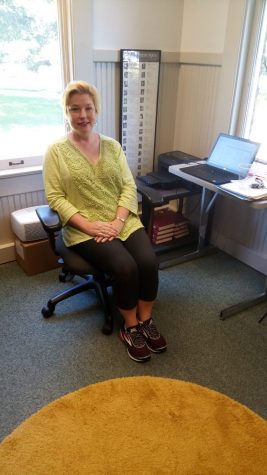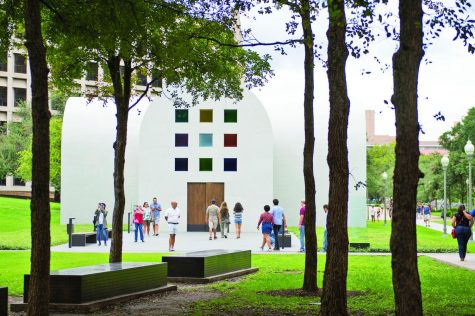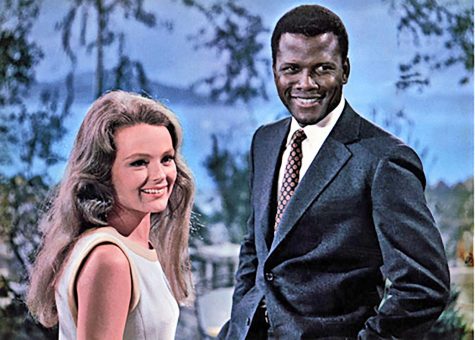Film promotes dialogue between different faiths
In an effort to promote interfaith dialogue, Campus ministry recently showed the film “Cities of Light: A Look at Islamic Spain” on campus.
The film, screened Nov. 7 in Ragsdale Center, is a shortened version of a two-hour documentary. The film chronicles the rise, flourishing of and eventual fall of Islamic Spain, formerly known as Al-Andalus. The documentary focuses on a number of rulers, cities and kingdoms, most notably Cordoba and Granada, and shows how the Islamic rulers of Al-Andalus were tolerant of Jews and Christians.
The film explores how Jews, Christians, and Muslims lived in peaceful coexistence and how their combined sharing of knowledge gave rise to increased cultural prosperity, breathtaking architecture, and the flourishing of poetry and scientific inquiry. This period of peace lasted for several hundred years.
However, as history often reminds us, good things often come to an end. Eventually, through a combination of hostile takeovers, paranoia, and many ideas that were ill-received by the public on all sides, the peace and prosperity of Al-Andalus began to crack, resulting in violent battles. Ultimately, this decline ended in the forced conversion of Jews and Muslims to Christianity.
Eventually Spain became a Christian nation, with Jews and Muslims either practicing their faith in secret or leaving the country to practice their religion in peace.
Following the film Campus Ministry hosted a discussion of the topics presented in the documentary and the ways the history of Islamic Spain can serve as a model for interreligious dialogue. James Puglisi, associate director of Campus Ministry led the discussion.
Many of the students present voiced their opinions that education and the sharing of ideas is a key to moving interreligious dialogue in a positive direction. There was a consensus of “live and let live,” among the students, suggesting that education and the sharing of ideas are an important function of dialogue.
However, the students nearly unanimously agreed that people should be allowed to keep their own religion and culture, instead of being forced to assimilate into the larger culture. The film showed evidence that such coexistence is possible, and based on many of the statements in the discussion, this concept gave students a feeling of hope for the future of religious communication.
“Cities of Light” helped to show the development and harmony in a society that allowed for the peaceful coexistence of multiple religions. In an increasingly globalized world where cultural borders are shrinking daily, it is not only important, but also imperative that humanity learns to coexist in a peaceful fashion.
Though recently the rise of both Christian and Islamic fundamentalism has been in the spotlight of religious thought. The film spoke of a time when Jews, Christians and Muslims lived in a flourishing, prosperous and enlightened society. “Cities of Light” suggests that perhaps, in this modern world, the memory of Al-Andalus can serve as a beacon to guide the way to peaceful coexistence once again.





